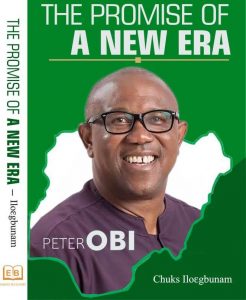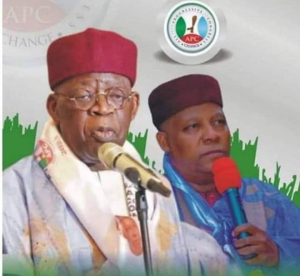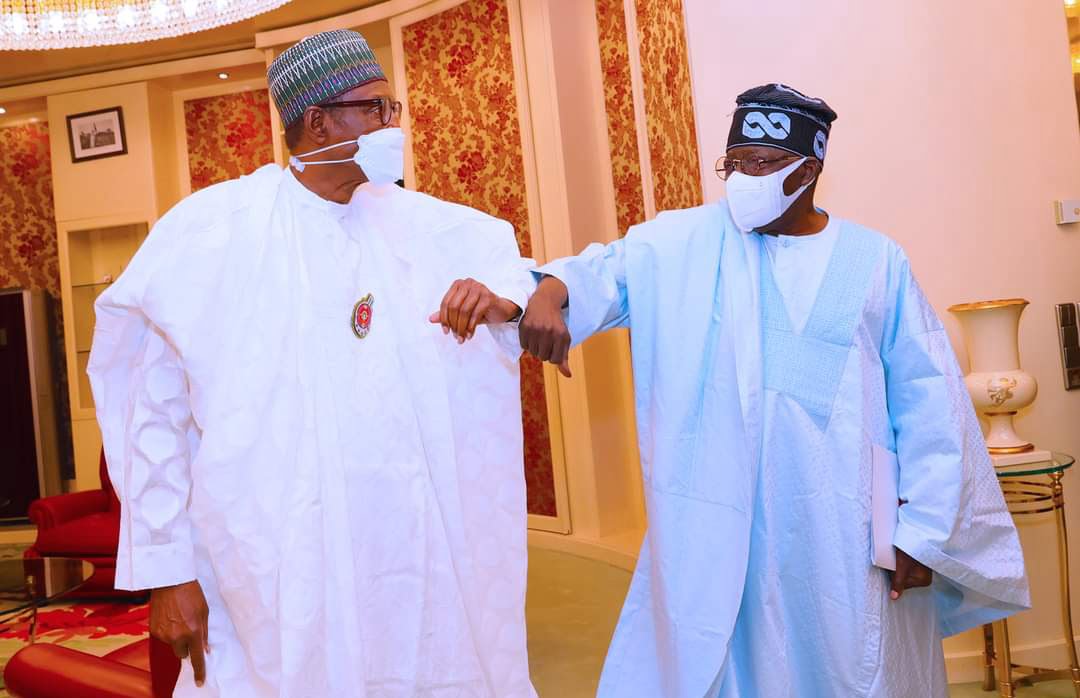While we await possible explosive judicial tackles between Peter Obi’s Labour Party and Asiwaju Tinubu’s All Progressives Congress, (APC), we get on with trying to read the president – elect. In a country with very little disciplinary pressures on an improvident state, we cannot speculate enough on a though provisionally incoming president. It is made more compelling at a time when global capitalism is in one of its worst moments in history, making presidential imaginary even more strategic for national survival particularly for a certain category of countries.

Shifting the struggle for power to the judicial battlespace
In any case, understanding the Tinubu imaginaire is the pre-condition for engaging with it by every other centres of power – the opposition parties, the media, academia, labour and the larger civil society. It is the engagement with such an imaginaire by each of these centres by way of sycophantic endorsement, constructive criticism or through the barricades that such an imaginaire can be enriched, reversed or totally defeated, as the case may be. All these make it important to ask about the definitive gaze with which Asiwaju Tinubu is coming to run Nigeria as well as how that might be determined or known.
But, first, let’s refresh the memory by starting with the fractional shifts since 1999. The victorious combatants in the Nigerian Civil War came together in 1999 under Obasanjo. They were not professional politicians. Their collective imaginaire was essential praetorianism. They didn’t disappoint in the sense that they acted as conveyor belt for foreign capital. That is what Obasanjo’s continuation of IBB’s privatization demonstrates. Surprisingly, Obasanjo picked Umaru Yar’Adua to replace him. It is either he knew Umaru Yar’Adua very well and chose him deliberately to correct his own sell out to neoliberalism or just wanted to reward the Yar’Adua family as homage to his (Obasanjo)’s former deputy or he did so to punish the North as is widely believed. The late Umaru Yar’Adua did not belong to either the Northern oligarchy or the Kaduna Mafia. He was a socialist in a deliberate sense of it. Power passed on to Dr. Goodluck Jonathan who was obviously unaware of the dynamics of ruling class politics at work. Before he could say ruling class politics, he found himself out of the place.

It would have been interesting to see what it is Atiku wants to prove in power but that ambition has seemed to hit a discursive block each time.
Then Muhammadu Buhari stepped in, the last card from the Kaduna Mafia temperament and the first time a Mafia candidate would win election in Nigeria. Intervention does not use the concept of Kaduna Mafia in any pejorative sense beyond a thinking camp that emerged to think for the old Northern region in the aftermath of the January 1966 coup. They were the educated elements who rose and ran the instruments of power Sir Ahmadu Bello bequeathed. These included the media institutions such as Radio Kaduna and the defunct New Nigerian newspapers; educational institutions such as the Ahmadu Bello University, Zaria and Kaduna Polytechnic and the humongous training ground called the New Nigerian Development Company, (NNDC). Educated but alienated from the people, they found themselves always outsmarted in every struggle for power with the Northern oligarchy and had to use ideologies of puritanism, discipline and Northernism to negotiate terms with other power groups across the country. This was what manifested under Buhari from 1983 to 1985 and from 2015 to 2023. It is surprising that their first time under democracy witnessed none of the radical reforms needed in Nigeria. Buhari is thumbing up himself just in infrastructure provisioning which is not good enough from an otherwise self-sure fraction in ruling class politics. Asiwaju Tinubu’s ascendancy widens the net in terms of which fraction of the ruling class does the job better.
Asiwaju’s self-understanding in this matter can be a good starting point. He prides himself as a moderniser, citing modern Lagos as his handwork, for example. He once espoused a brand of financial nationalism in a speech at a memorial of the late Bala Usman. Although he has never returned to the issue, he has not renounced it either. He has a battalion of supercharged intellectuals, an attribute he shares with Atiku Abubakar with slight difference in the ideological disposition of each’s set of intellectuals cum ideologues.
None of these should tempt anyone to refer to him as a radical of any hue but it can be inferred thereof that he might be the arrival in power of what the radical establishment in Nigeria used to call the Lagos-Ibadan financial oligarchy (or a name like that). This label which came from the defunct? Bala Mohammed Memorial Committee, (BMMC) at the Ahmadu Bello University, Zaria did so within the context of the argument of that fraction of radical academics that it is not a helpful approach to class struggle to lump together the ruling class in Nigeria without figuring out their fractional constitution. Their critics, particularly the now defunct Ife Collective based at the Obafemi Awolowo University disagreed with such disaggregation but the label is there.

Would this pair run such a functional capitalist system that would make a case for socialism pointless as Claude Ake said of the Awoists?
There are those who would disagree with trying to locate Asiwaju Tinubu in the BMMC’s category of the Lagos-Ibadan financial oligarchy because that label refers, more properly, to the informed, disciplined and nationalist managers of the national economy built around Awo. The question, however, is what would make labeling the Asiwaju presidency as a product of the Lagos-Ibadan financial oligarchy imaginaire ridiculous if he should replicate on a national scale some of the bits of his trajectory in Lagos?
In recent years, each time there has been a health emergency, only Lagos always has a Commissioner of Health and a healthcare system that speaks to modernity in relative terms. A similar statement can also be made about the judicial domain where Prof Osinbajo carried out a number of reforms between 1999 and 2007 at a time no such thing was taking place in Abuja. Analysts outside of the ‘linguistic turn’ in social sciences might not get the point but it was from Lagos Nigeria started hearing the linkage between Information and Strategy in the title of the Commissioner for Information when he was governor. In themselves, none of these might communicate anything fundamental to foundationalists and structuralists but they do collect into a critique of the millipede approach to governance in Nigeria.
Replicating it on a national scale would not automatically translate to a success story (because the degree of decay in larger Nigeria today requires fundamental economic moves, particularly industrialisation and education, reducing wastage in government, shaking up the universities and a massive campaign on citizenship). But if it happens, it only establishes the imaginaire Nigerians would be dealing with. That is if the impending judicial assault does not unmake the Tinubu becoming.
The Nigerian elite have incredible capacity to settle their conflicting claims on the nation and there would be nothing surprising if Obi does not go to court in the end. Who knows who might already be talking to him against that option? But going to court provides him an additional approach to consolidating a life time achievement of jolting the establishment from within. It doesn’t matter what the courts make of his prayers today. Once in the national repository, his prayers can perform a completely different role now and in future.
The only reservation about a court case is whether it enhances or dampens his future chances. This is something to be taken seriously because there is no way the declaration of Asiwaju Tinubu as president could have been possible outside of the balance of forces in the current struggle for power in Nigeria, particularly regional and religious fears, aspirations and calculus. To that, we add class power – ‘capitalists’ versus merchants in this case




























